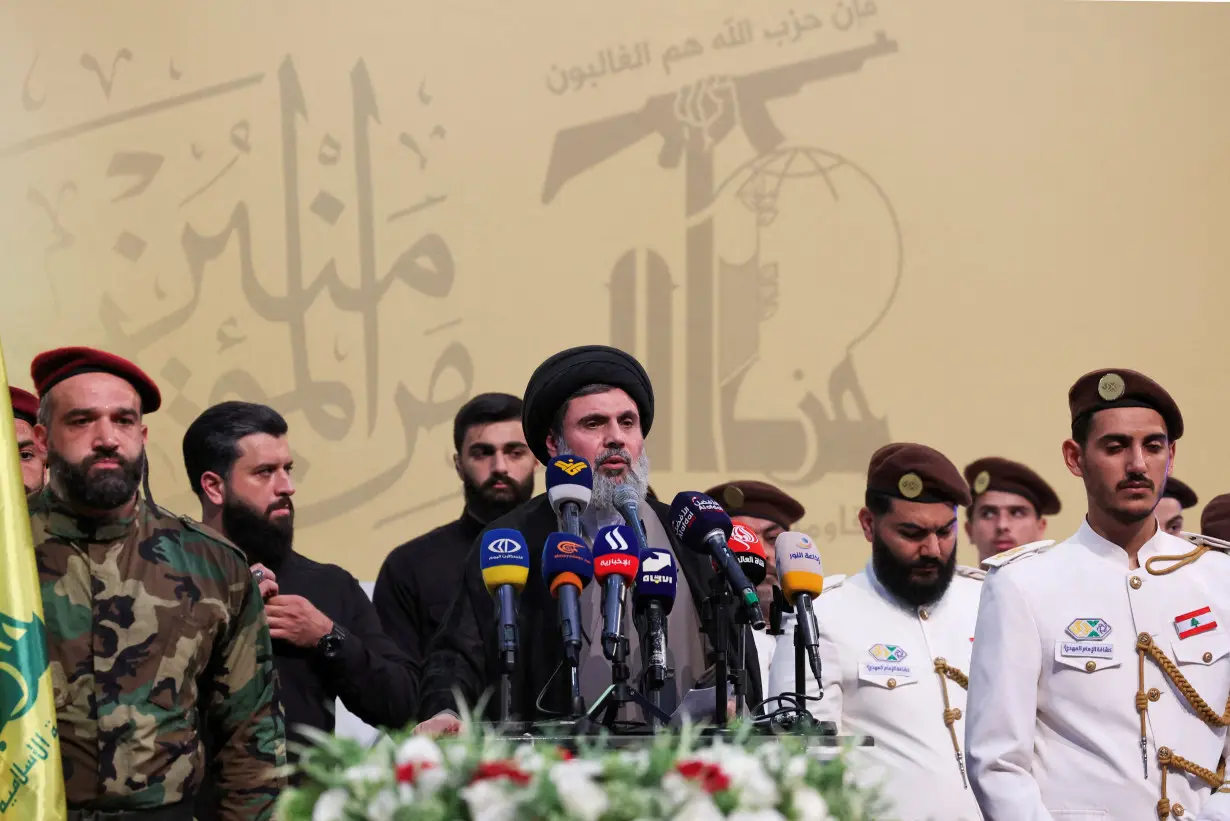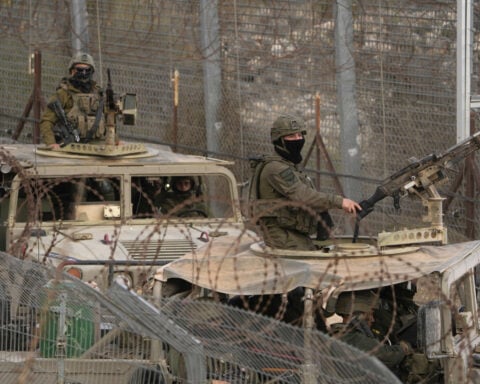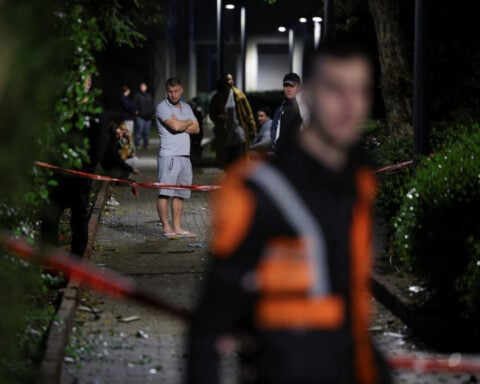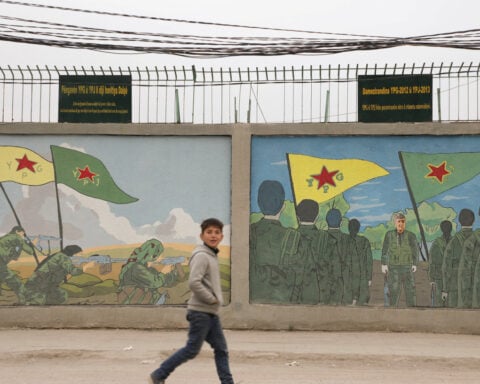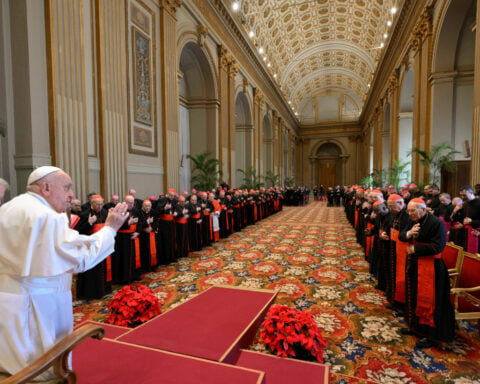BEIRUT (Reuters) -Israel is obstructing search and rescue efforts in an area where senior Hezbollah leader Hashem Safieddine is thought to have been when Israel bombed Beirut's southern suburbs on Thursday, a Hezbollah official said.
Safieddine is seen as a likely successor to former leader Sayyed Hassan Nasrallah who was killed in an Israeli strike on Beirut's southern suburbs, known as Dahiye, on Sept. 27.
His fate remains unclear.
The senior Hezbollah political official, Mahmolud Qmati, also said he had no information on reports that the leader of Iran's elite Quds Force Esmail Qaani has not been heard from since the strikes on Beirut late last week.
Israel should "let rescue teams do their work," he told Iraqi state television.
Qmati said that Hezbollah was now being jointly led until it could pick a new leader, which would take time.
"What's important is that joint command is in place," he said.
"The method of choosing a replacement for the secretary-general takes time and requires appropriate circumstances, and for that reason we suffice today with temporary joint command," he said.
Qmati said Nasrallah's body remained in Lebanon and that he would be laid to rest in Beirut's southern suburbs, where Hezbollah holds heavy influence, when conditions allowed.
Israel has killed much of Hezbollah's military command and senior leadership in nearly a year of fighting that began when Hezbollah opened a front in solidarity with Palestinians the day after Hamas' Oct. 7 attack on Israel.
The conflict has rapidly expanded in the past couple of weeks, with Israel snubbing a US-backed push for a ceasefire, killing Nasrallah and launching a wide air campaign that has pummeled Lebanese towns and villages and left 1.2 million people displaced, according to Lebanese government figures.
(Reporting by Timour Azhari, writing by Timour Azhari and Hatem Maher, editing by Christina Fincher, Alexandra Hudson)

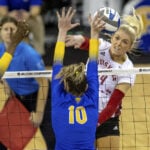 History looms in NCAA volleyball championship with female coaches poised as first to win a title
History looms in NCAA volleyball championship with female coaches poised as first to win a title
 Albania bans TikTok for a year after killing of teenager
Albania bans TikTok for a year after killing of teenager
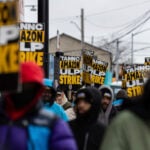 Teamsters expand strike against Amazon
Teamsters expand strike against Amazon
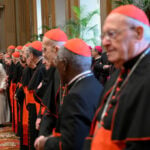 Suffering from heavy cold, Pope Francis to lead Sunday prayers from residence
Suffering from heavy cold, Pope Francis to lead Sunday prayers from residence
 Chinese ship linked to Baltic Sea cable breach resumes voyage
Chinese ship linked to Baltic Sea cable breach resumes voyage
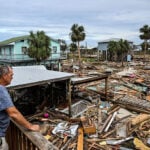 How Democrats kept leverage by averting a government shutdown, according to analyst
How Democrats kept leverage by averting a government shutdown, according to analyst
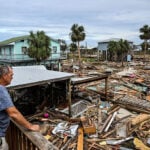 'Source of political stalemates': Smerconish on debt ceiling battle
'Source of political stalemates': Smerconish on debt ceiling battle
 A pilot raced through the airport to surprise an old friend: the woman who saved his life
A pilot raced through the airport to surprise an old friend: the woman who saved his life
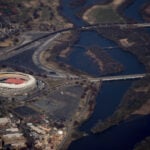 Senate passes RFK Stadium land bill, giving the Washington Commanders a major off-the-field win
Senate passes RFK Stadium land bill, giving the Washington Commanders a major off-the-field win
